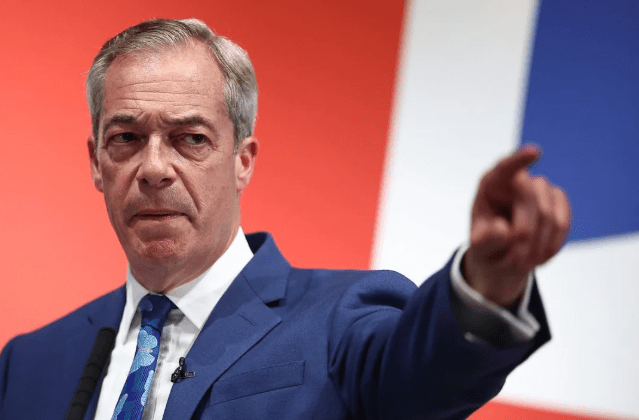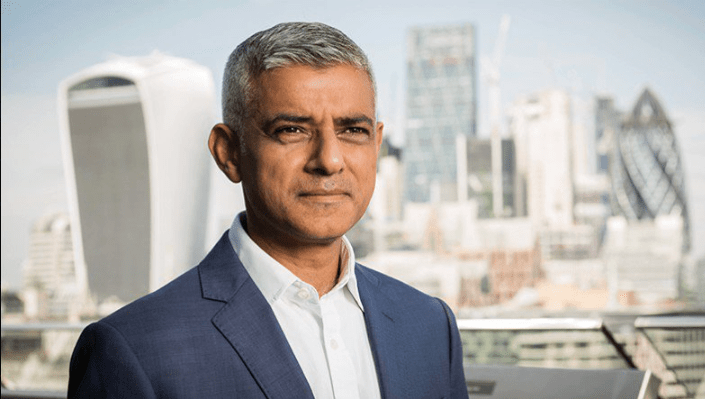Sir Keir Starmer has launched his sharpest warning yet, declaring Labour is in “an open fight” with Reform UK as he accused Nigel Farage’s populist movement of fuelling division and deceiving voters.
Speaking at the Global Progress Action Summit in London, the prime minister described the next general election as a pivotal moment for Britain’s identity.
Surrounded by key international allies, including Canadian PM Mark Carney, Australian leader Anthony Albanese, and Iceland’s Kristrun Frostadottir, Starmer made clear this was no ordinary political contest.
“We’re going to face a very different election next time than any of the elections we fought in the United Kingdom for a very, very long time.
That’s why … I want this to be out as an open fight between Labour and Reform … the choice before the electorate here of the next election is not going to be the traditional Labour versus Conservative,” he said.
A High-Stakes Political Crossroads
The speech comes just ahead of a critical Labour Party conference, where internal unease continues to grow.
A new YouGov poll has sparked fresh panic in Labour ranks, suggesting the party could lose up to 300 seats, potentially paving the way for Nigel Farage to claim the keys to Number 10.
Reform UK, which currently holds just five seats, is projected to surge to 311—just shy of a parliamentary majority.
This seismic shift would mark a political earthquake. Reform UK’s momentum is real, and Starmer knows it.
“We are battling with repairing the damage that was done under the last government, which was huge,” he stated, urging fellow progressives to reject the inevitability of defeat and stand their ground.
With Farage’s party gaining traction and internal divisions bubbling within Labour, Starmer’s latest rallying cry is more than political theatre; it’s a desperate attempt to define the future of Britain before someone else does.

Internal Threats and Far-Right Warnings
Sir Keir’s fight isn’t just against Farage. Within his own party, discontent is palpable. Labour support has slipped in several polls, and his personal ratings have plummeted among the worst recorded for any serving prime minister.
Greater Manchester mayor Andy Burnham is increasingly being tipped as a potential challenger, with murmurs of a leadership contest gaining volume.
Some Labour MPs, particularly from the party’s left, have given Starmer until next year’s local elections to prove he’s still the man for the job.
Allies of the prime minister have gone on the offensive, branding Burnham as “Labour’s Liz Truss”—an accusation aimed at undermining his economic ideas.
However, London mayor Sadiq Khan has defended Burnham, insisting his concerns are “legitimate”.

Far-Right Rhetoric and Dangerous Division
In one of his most passionate moments since taking office, Starmer recalled the chilling Unite the Kingdom rally in London two weeks ago.
The event, heavily influenced by right-wing agitator Tommy Robinson and amplified by Elon Musk’s online rhetoric, drew over 150,000 demonstrators to the capital.
“You don’t have to be a great historian to know where that kind of poison ends up, and you could just feel it in a language that is naked in its attempt to intimidate,” he warned.
Starmer accused Reform and its allies of pushing a “poisonous belief” that Britain is on the brink of a violent civil struggle, sowing fear to draw a hard divide between “the elites and the people.”

“Patriotic Renewal” vs. “Toxic Divide”
The prime minister said Britain stood at a decisive crossroads. He argued that this was not simply a clash between parties but a confrontation between two visions for the country’s future.
“The battle of our times is between patriotic national renewal … versus something which is turning into a toxic divide.”
Yet, Starmer also admitted that Labour and similar centre-left parties must deliver meaningful change, not just talk. “It needs to be more than managerial politics,” he said.
To that end, he defended controversial plans to introduce digital ID cards aimed at clamping down on illegal working and people-smuggling operations, a move he claims will help rebuild trust and restore control in the face of right-wing populism.
Reform Hits Back, Critics Slam ID Plan
Reform UK responded swiftly to the speech, accusing Starmer of continuing a Conservative legacy of “high taxes and mass immigration.”
“For decades, the British people have been betrayed by both Labour and the Conservatives. People have voted election after election for lower taxes and controlled immigration; instead, both parties have done the opposite,” said a Reform spokesperson.
Within Labour, Starmer’s push for digital ID cards has drawn criticism. MP Clive Lewis, a vocal critic from the party’s left, warned that the move undermines his broader message.
“It’s been drowned out by the ID cards. I mean, a million have already signed the petition against them.
The most unnecessary and divisive hill you could die on – on the day you make a speech about authoritarianism and rebuilding a fractured society. I’m speechless.”
The Road Ahead
As Starmer prepares for a pivotal Labour conference, his leadership stands at a critical juncture.
With internal rebellion brewing, Reform on the rise, and the electorate looking for real solutions, not just slogans, the prime minister’s next moves will be closely watched.
Britain may be heading for a political battle like no other. One that’s not just about power but about identity, values, and who gets to shape the future.






